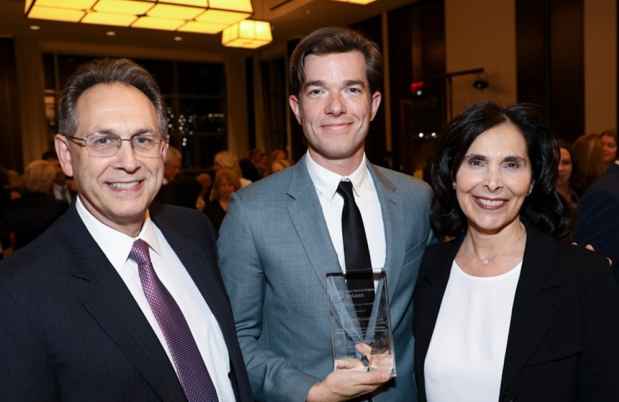The Massachusetts General Hospital (MGH) Addiction Medicine Fellowship and the Addiction Psychiatry Fellowship at Mass General Brigham have received a five-year grant to increase training opportunities for individuals pursuing careers in addiction medicine and addiction psychiatry.
“We are thrilled to receive this HRSA grant to recruit, train, and retain fellows and faculty to ensure we are not reproducing structural racism and to build a workforce to provide effective, community-based addiction treatment,” said Sarah Wakeman, MD, medical director of the Substance Use Disorders Initiative at MGH and program director for the addiction medicine fellowship.
The HRSA (Health Resources and Services Administration) grant will fund a collaboration between the addiction medicine and psychiatry programs and allow both fellowships to improve care for underserved populations by training and providing career mentorship to addiction clinicians in training who have a commitment to working in underserved communities after their fellowship. The one-year training program prepares physicians for work in addiction medicine and psychiatry, respectively, and focuses on increasing diversity in the MGH/Mass General Brigham workforce, developing cultural competency training for faculty and fellows, and preparing clinicians to work in underserved community-based settings.
Dr. Wakeman continued, “Structural racism has deeply impacted the lives and health of people who use alcohol and other drugs and influenced our health care and addiction treatment system. Instead of a compassionate approach grounded in dignity and public health, our societal approach to Black and Latinx people with addiction has been to punish and incarcerate them.”

Both fellowship programs will grow from two to four fellows by 2022. HRSA-funded fellows will have significant training opportunities in community-based settings, such as MGH’s community health centers and the Boston Healthcare for the Homeless Program.
“They will gain unique experiences treating substance-related and other addictive disorders in a diverse and primarily underserved patient population, including recent immigrants and refugees, patients experiencing homelessness, and patients who were formerly incarcerated,” said Roger D. Weiss, MD, chief of the Center for Excellence in Alcohol, Drugs, and Addiction at McLean Hospital and program director of the Addiction Psychiatry Fellowship. “We can now increase efforts to recruit fellows from communities that have traditionally been underrepresented in medicine.”
HRSA (Health Resources and Services Administration), an agency of the U.S. Department of Health and Human Services, is the primary federal agency for improving health care to people who are geographically isolated, economically or medically vulnerable. HRSA programs help those in need of high-quality primary health care, people living with HIV/AIDS, pregnant women, and mothers. HRSA also supports the training of health professionals, the distribution of providers to areas where they are needed most, and improvements in health care delivery.
Media Requests
Journalist or member of the media? We are available 24/7 for media requests.



